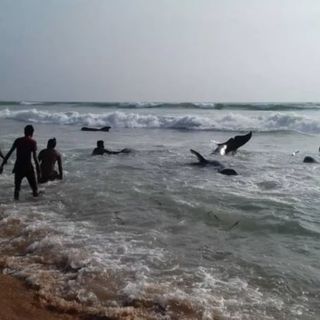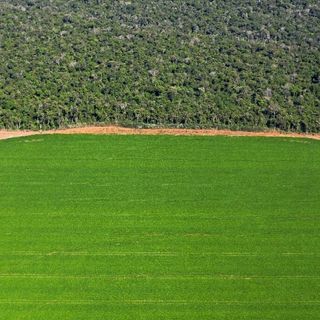Microplastics in the ocean are not only deteriorating the health of marine life but also altering their behavior in subtle, often fatal ways, finds a new study published in the journal Proceedings of the Royal Society B.
Researchers simulated the diet of wild fish in the open ocean, which includes fine microplastics, with captured fish living in a lab tank. Once fed, the fish were tagged and released back from where they had been taken — the northern regions of Australia’s Great Barrier Reef — where they exhibited curious behaviors, researchers found.
The fish that had ingested microplastics exhibited active, bold, and reckless behavior, often venturing out into risky areas in search of food. This happens, researchers concluded, because the fish were technically full after their meal, but their body lacked the nutrition they needed to survive.
“Their gut is saying ‘you’re full’, but their brain is saying ‘you need nutrition.’ Like humans, when we’re very hungry, we might run across the road … as opposed to walking across safely. And for the fish who are hungry, they are more willing to take risks, and this means straying further from shelter for food, where they are eaten by predators,” the lead author of the study, Mark McCormick, told The Guardian.
Related on The Swaddle:
We’re Eating Thousands of Microplastics in Our Food Every Year
The fish’s tendency to venture out into open, often unsafe waters is also informed by the destruction of their habitat — in this case, the coral reefs they depend on for shelter and food. Warming waters due to the climate crisis have already caused mass coral death in the Great Barrier Reef, having “killed roughly half of the coral in the world’s largest reef system,” The Swaddle has previously reported.
This problem also has ramifications for bigger fish across the food chain, who also accumulate microplastics in their bodies by eating the smaller fish that first ingested the pollution. As microplastic levels in the ocean increase — from the dumping of plastic containers, which are then broken down into millions of minuscule pieces — and the climate crisis wreaks havoc on the world’s water bodies, this behavior and perhaps, the number of fish deaths, will only escalate.




